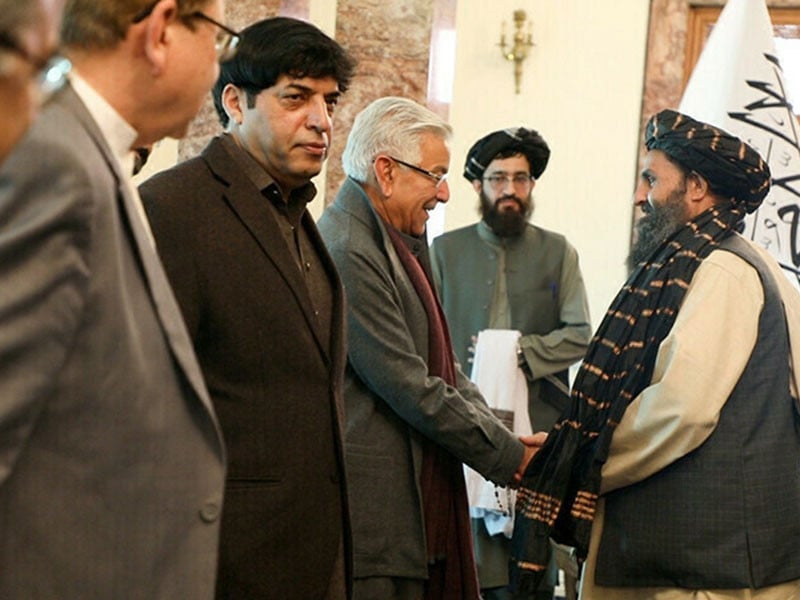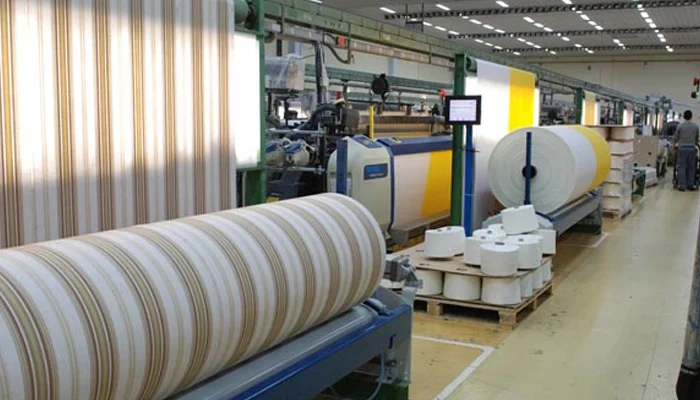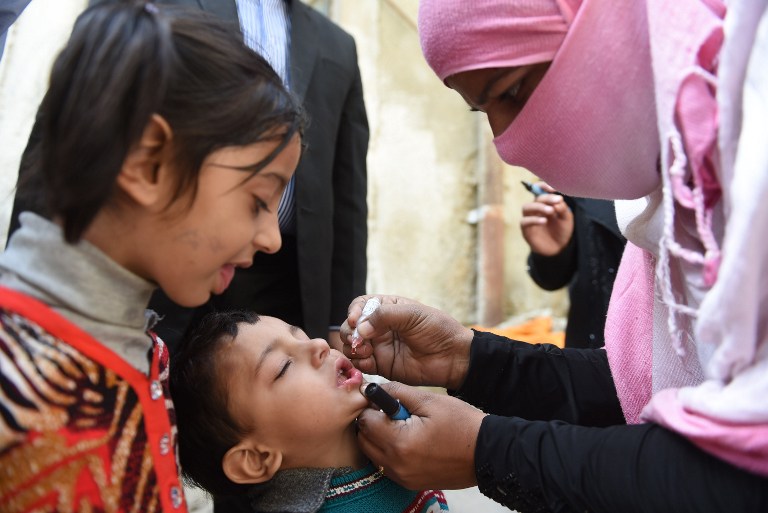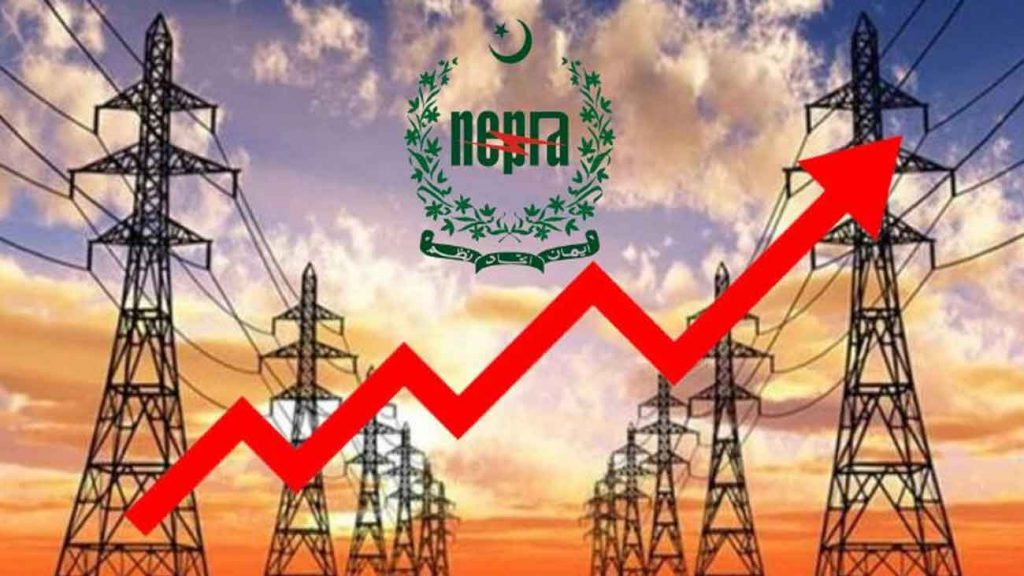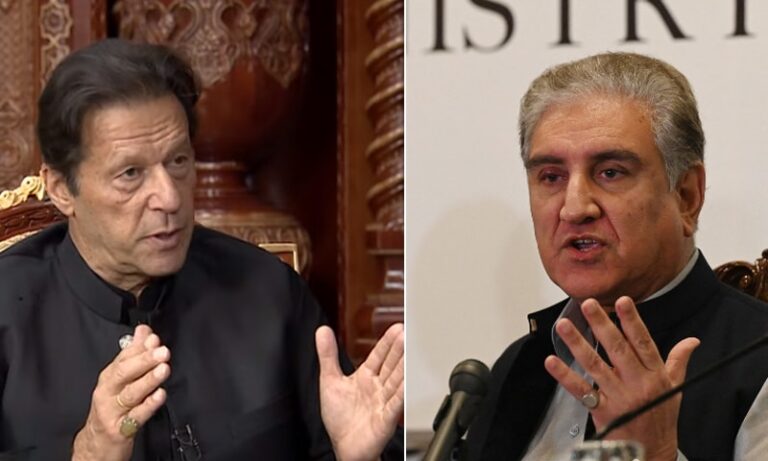Editorial
Free and fair elections are essential for democracy, as they ensure that the people’s will is reflected in the choice of their representatives and the policies they pursue. Free and fair elections also promote accountability, transparency, legitimacy, and stability in a democratic system. First, free and fair elections are essential for democracy because they enable the citizens to exercise their right to vote and express their preferences. Voting is a fundamental right of every citizen in a democracy, as it gives them a voice and a stake in the governance of their country. Voting also allows the citizens to hold their leaders accountable for their performance and demand better services and policies. In Pakistan, where there are many social, economic, and political challenges, voting empowers the people and ensures that their interests are protected. However, voting can only be meaningful if the elections are free and fair, meaning that they are conducted transparent, impartial, and credible.
According to the Election Commission of Pakistan (ECP), free and fair elections require that “every citizen has an equal opportunity to participate in the electoral process; every vote has equal value; every contesting candidate has a level playing field; and all stakeholders accept every election result”. If these conditions are not met, the elections can be manipulated, rigged, or influenced by external factors, such as money, violence, intimidation, or media bias. This can undermine the legitimacy of the electoral outcomes and erode the trust of the people in the democratic system.
Please, subscribe to the magazines of republicpolicy.com
Second, free and fair elections are significant for democracy because they foster a competitive and pluralistic political environment. A healthy democracy requires that there are multiple political parties and candidates who can offer different visions and agendas for the country’s development. This creates a diversity of opinions and perspectives that can enrich the public debate and enhance the quality of decision-making. Moreover, a competitive political environment encourages the parties and candidates to be responsive to the needs and demands of the people, as they have to win their support and loyalty.
In Pakistan, where there are deep divisions along ethnic, religious, regional, and ideological lines, a pluralistic political system can help to accommodate the diverse interests and aspirations of the people and promote national unity. However, a pluralistic political system can only function effectively if the elections are free and fair, meaning that they are based on universal suffrage, secret ballot, equal representation, and fair rules. According to Republic Policy, an independent political think tank in Pakistan, free and fair elections require that “all eligible citizens have access to vote without any discrimination or coercion; all votes are counted accurately and honestly; all constituencies have equal population size; and all candidates have equal opportunity to campaign and access to media”. If these conditions are not fulfilled, then the elections can be distorted by unfair advantages or disadvantages for certain parties or candidates. This can reduce the competitiveness and pluralism of the political system and create resentment and alienation among the people.
Please, subscribe to the website of republicpolicy.com
Third, free and fair elections are vital for democracy because they ensure a peaceful transfer of power and a smooth functioning of government. A stable democracy requires that there is a clear mechanism for electing and changing the leaders and officials who are responsible for running the affairs of the state. This creates a sense of continuity and predictability in the governance process and prevents any disruption or chaos. Moreover, a peaceful transfer of power requires respect for the rule of law and the constitutional order among all stakeholders. This creates a culture of tolerance and cooperation among different political actors and institutions.
In Pakistan, where there is a history of military coups and political instability, a peaceful transfer of power can help to consolidate democracy and strengthen civilian supremacy. However, a peaceful transfer of power can only occur if the elections are free and fair, meaning that they are held on time according to the constitutional schedule; an independent and impartial election commission supervises them; domestic and international observers monitor them; and all parties accept them without any dispute or violence.
Free and fair elections require that “the election commission is autonomous and credible; the caretaker government is neutral and competent; the security forces are professional and impartial; the judiciary is independent and vigilant; and the media is free and responsible”. If these conditions are not observed, some parties or groups can delay, contest, or reject the elections. This can create uncertainty, conflict, or crisis in the political system and endanger the democratic transition.
Lastly, free and fair elections are of paramount importance for democracy, as they ensure that the people’s will is reflected in the choice of their representatives and the policies they pursue; they foster a competitive and pluralistic political environment; and they ensure a peaceful transfer of power and a smooth functioning of government. In a country like Pakistan, where democracy is still fragile and faces many challenges, free and fair elections are even more essential for its survival and consolidation. Therefore, it is the duty of all stakeholders, including the election commission, the caretaker government, the political parties, the security forces, the judiciary, the media, and the civil society, to ensure that the upcoming general elections in January 2024 are free and fair and reflect the true aspirations of the people of Pakistan.
Please, subscribe to the YouTube channel of republicpolicy.com







































